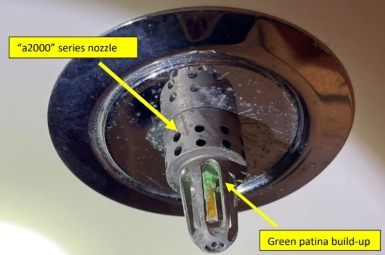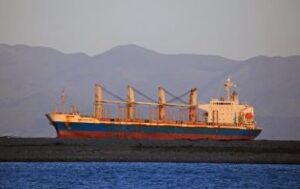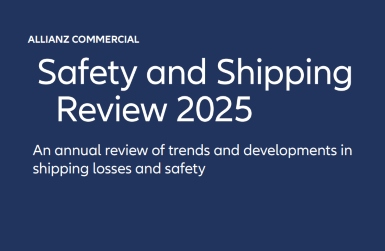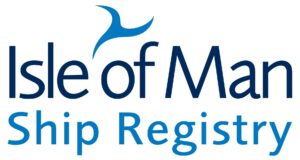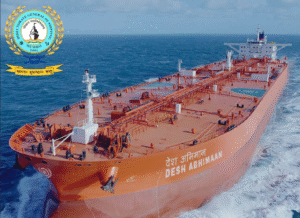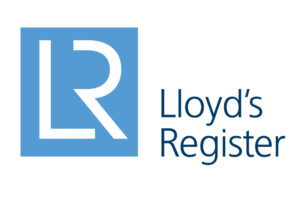
Lloyd’s Register (LR) has issued a regulatory update stating that, PFOS will be banned in fire extinguishing media from January 2026 – including firefighting foam. This applies to both fixed and portable systems and equipment.
In particular, the IMO developed amendments to SOLAS Chapter II-2 and the High Speed Craft (HSC) Codes (1994 and 2000) which were adopted in the following resolutions: Continue reading “PFOS banned in fire extinguishing media from January 2026”
